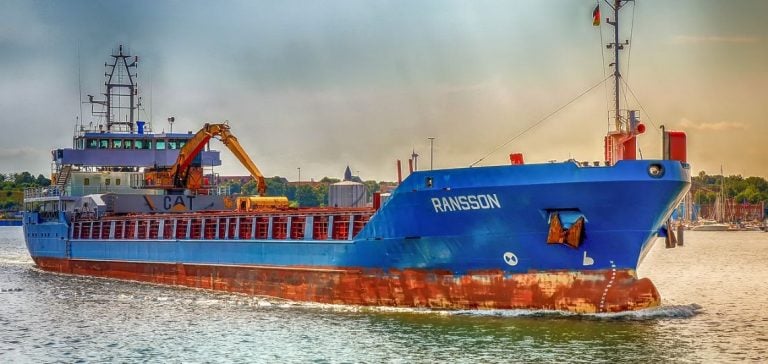Marine fuel sales in Panama saw a significant increase in September, reaching their highest level since 2020. According to data from the Panama Maritime Authority, total bunker sales reached 427,644 metric tons, an increase of 11.2% compared to the 384,515 tons sold in September 2023. This performance marks the strongest annual increase for any month since August 2022, despite a slight decrease of 6.4% compared to August.
Performance of Very Low Sulfur Fuels
Sales of very low sulfur fuel oil (VLSFO), containing up to 0.5% sulfur, reached 267,115 tons in September, their highest volume of the year. This figure represents an increase of 1.1% compared to August and 7.2% compared to September 2023. In addition to VLSFO, bunker sales in Panama include high sulfur IFO 380 and marine gasoil.
Operational improvements to the Panama Canal also contributed to this increase. The Panama Canal Authority announced at the New York Maritime Forum that improvements were made during the 2024 fiscal year. Ricaurte Vasquez Morales, administrator of the Panama Canal, indicated a 1% reduction in transit times, or a decrease of 0.89 hours, from when the ship arrives at the first lock until it exits the last lock.
Impact of Operational Improvements
In addition to the reduction in transit times, Vasquez Morales highlighted a 4% decrease in time spent in the waters of the canal and a 5% reduction in water usage per transit for Neopanamax vessels. The current fiscal year, extending from October 2023 to September 2024, experienced a period of reduced transits and draft restrictions due to a severe drought in the country. Bookings to transit the canal were gradually reduced to 25 ships/day in November and a minimum of 17 in February, but recovered to a typical 34-36 vessels/day in August this year.
Evolution of HSFO Sales
Sales of high sulfur fuel oil (HSFO) showed some weakness in demand in September, declining to 117,498 tons, down 21.7% from August. However, these sales remain 22.94% above the 95,571 tons recorded in the same month last year. HSFO bunker sales accounted for 27.5% of total sales in September, while VLSFO sales accounted for 62.5%.
Marine gasoil, including low sulfur marine gasoil, totaled 43,031 tons in September, up 0.6% month-on-month but 8% higher than in September last year.
Platts, part of S&P Global Commodity Insights, assessed VLSFO in Balboa, on the Pacific Coast of Panama, at $566/t on October 15, and HS IFO 380 at $478/t. Platts assessed MGO at $718/t.
From January to September, bunker sales in Panama of all grades totaled 3.605 million metric tons, compared with 3.697 million metric tons in the same period last year.
These figures indicate resilience in Panama’s marine fuel market, despite operational and environmental challenges encountered during the current fiscal year. The increase in VLSFO sales also reflects a trend towards more environmentally friendly fuels, in line with international regulations aimed at reducing sulfur emissions.






















